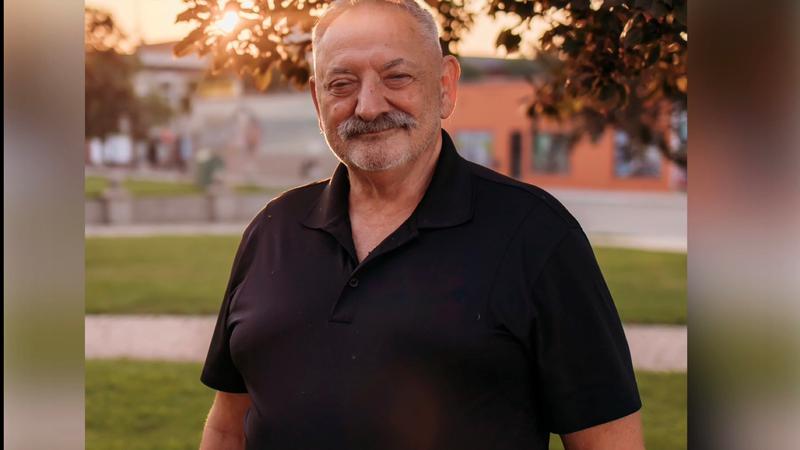
NATO freezes a Cold War-era security pact after Russia pulls out, raising questions on arms control
BRUSSELS (AP) — NATO member countries that signed a key Cold War-era security treaty froze their participation in the pact on Tuesday just hours after Russia pulled out, raising fresh questions about the future of arms control agreements in Europe.
Many of NATO’s 31 allies are parties to the Treaty of Conventional Armed Forces in Europe, which was aimed at preventing Cold War rivals from massing forces at or near their mutual borders. The CFE was signed in November 1990 as the Soviet bloc was crumbling but was not fully ratified until two years later.
NATO said that Tuesday’s action by its signatory members was required because “a situation whereby Allied State Parties abide by the Treaty, while Russia does not, would be unsustainable.”
Earlier in the day, Moscow said it had finalized its withdrawal from the treaty. The long-expected move, which the Kremlin blamed in part on NATO’s continued expansion closer to Russia’s borders, came after lawmakers in Moscow approved a bill proposed by President Vladimir Putin denouncing the CFE.


